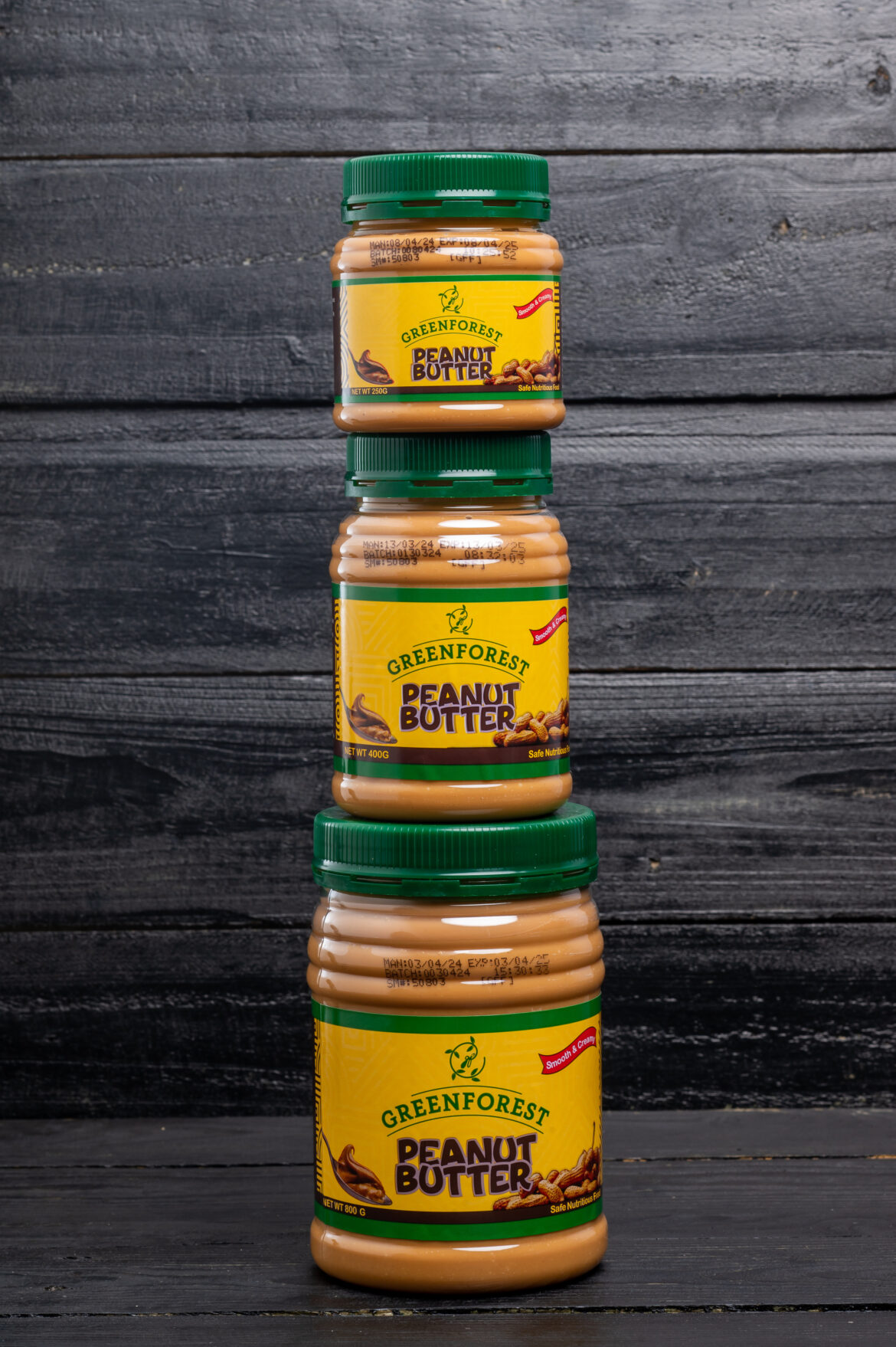What You Need To Know About Peanut Butter
Does Peanut Butter Help With Weight Loss?
Peanut butter is believed to aid in weight loss by promoting satiation (the sensation of feeling full soon after eating) because of its protein and fat content. By curbing your appetite, peanut butter may help maintain a healthy weight and reduce the risk of obesity. While peanut butter may help curb your appetite, it’s important to watch your portions. In the end, no food can be considered “diet” if two servings account for 50% of your daily fat and 20% of a 2,000-calorie diet.
Does Peanut Butter Reduce Risk of Heart Disease?
Evidence that peanuts or peanut butter can reduce the risk of heart disease is largely mixed. Research acceded that eating 1.5 ounces of nuts per day may be beneficial to the heart but wouldn’t go so far as to say that it could prevent heart disease. Some scientists disagree. A 2016 review of studies from France suggested that an antioxidant in peanuts, known as resveratrol, can reduce cardiovascular inflammation and relax blood vessels, increasing circulation and lowering blood pressure. It is also known to decrease in LDL oxidation, which contributes to the development of atherosclerosis (hardening of the arteries) and coronary artery disease.
Do You Have to Refrigerate Natural Peanut Butter?
Natural peanut butter is made from peanuts and peanuts alone. Because it doesn’t contain any stabilizers, the natural oils can separate from the solids and need to be stirred back in before eating. It also means that natural peanut butter should be kept in the refrigerator since the oils can spoil and turn rancid in left at room temperature for too long.
The average shelf life of natural peanut butter is two to four months if left in the pantry and three to six months if refrigerated. By contrast, regular store-bought peanut butter can be stored in the pantry or refrigerator for up to one year. To soften natural peanut butter, remove from the refrigerator 30 to 60 minutes before use.
Are Natural and Organic Peanut Butter the Same?
Both natural peanut butter and organic peanut butter contain peanuts and nothing else. Organic peanut butter has to be certified, meaning that the peanuts have to be produced without the use of chemical fertilizers, pesticides, or other artificial agents.
How Can You Tell If Peanut Butter Has Gone Bad?
Sight is usually the best way to tell if peanut butter has gone bad. If it has become darker, harder, or drier, it is best to toss it. You should also smell the peanut butter. If it has lost its buttery aroma or smells off, it is better to throw it out regardless of its use-by date.
Never eat peanut butter with any signs of discoloration or mold. One type of mold common to peanut butter, called aflatoxin, is classified as a carcinogen. Animal studies have shown that long-term exposure to aflatoxin can increase the risk of liver cancer and other types of cancer.














